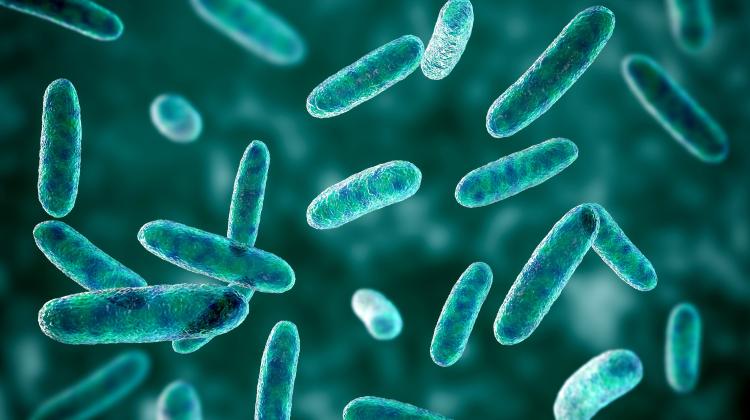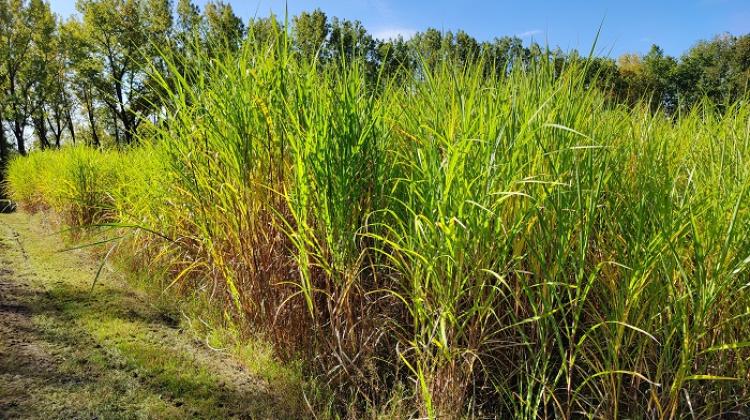Rapeseed cake: a valuable biofuel
 photoflorenzo - Fotolia photoflorenzo - Fotolia /
photoflorenzo - Fotolia photoflorenzo - Fotolia /
Krzysztof Ciunel from the Faculty of Chemistry, Gdańsk University of Technology is working on zero waste rapeseed biofuel production technology for individual farms.
He is one of the winners in the fourth edition of the grant programme "InnoDoktorant - scholarships for graduate students". He plans to produce low-cost medium for solar panels and environmentally friendly fuel for boilers - with rapeseed oil cake.
Krzysztof Ciunel develops an effective method of utilising waste from the production process of rapeseed oil methyl esters - rapeseed cake produced during oil extraction and the glycerine phase, which is a waste of the esterification process.
Rapeseed cake is formed in the processing of rape seed, while obtaining oil by cold extrusion. It is a by-product. Rapeseed cake has become popular due to increased demand for biofuel and changes in edible oil production technology (abandoning chemical methods). It can also be a valuable animal feed, including poultry.
The InnoDoktorant project involves the use of glycerine phase to produce low-cost heating medium for solar panels and the use of rapeseed oil cake as a low-cost, environmentally friendly fuel for biomass boilers. The supervisor is Dr. Ewa Klugmann-Radziemska.
Krzysztof Ciunel’s offer is addressed to companies involved in the production of biofuel and biocomponents, individual biofuel producers, as well as individual users of biomass boilers and solar collectors.
The researcher anticipates a partnership with business and education sectors. In his opinion, the proposed chemical concept could be used to build and launch automated systems for the production of rapeseed oil methyl esters for the manufacturer’s own use.
The grant winner believes that the results of his work could be implemented by businesses engaged in the manufacture of production system components or solar installations, as well as users of biomass fuelled boilers. The end user of the proposed technology is the agriculture sector.
Krzysztof Ciunel emphasized that efforts to create innovative products for agriculture are part of the Regional Innovation Strategy for the Pomerania, which supports rural development through innovation.
The programme "InnoDoktorant - scholarships for graduate students" is carried our by the local government of Pomerania. Grants are awarded under the Human Capital Operational Programme funded by the European Social Fund, the state budget and budgets of local governments.
PAP - Science and Scholarship in Poland
kol/ agt/bsz
tr. RL
Przed dodaniem komentarza prosimy o zapoznanie z Regulaminem forum serwisu Nauka w Polsce.

















